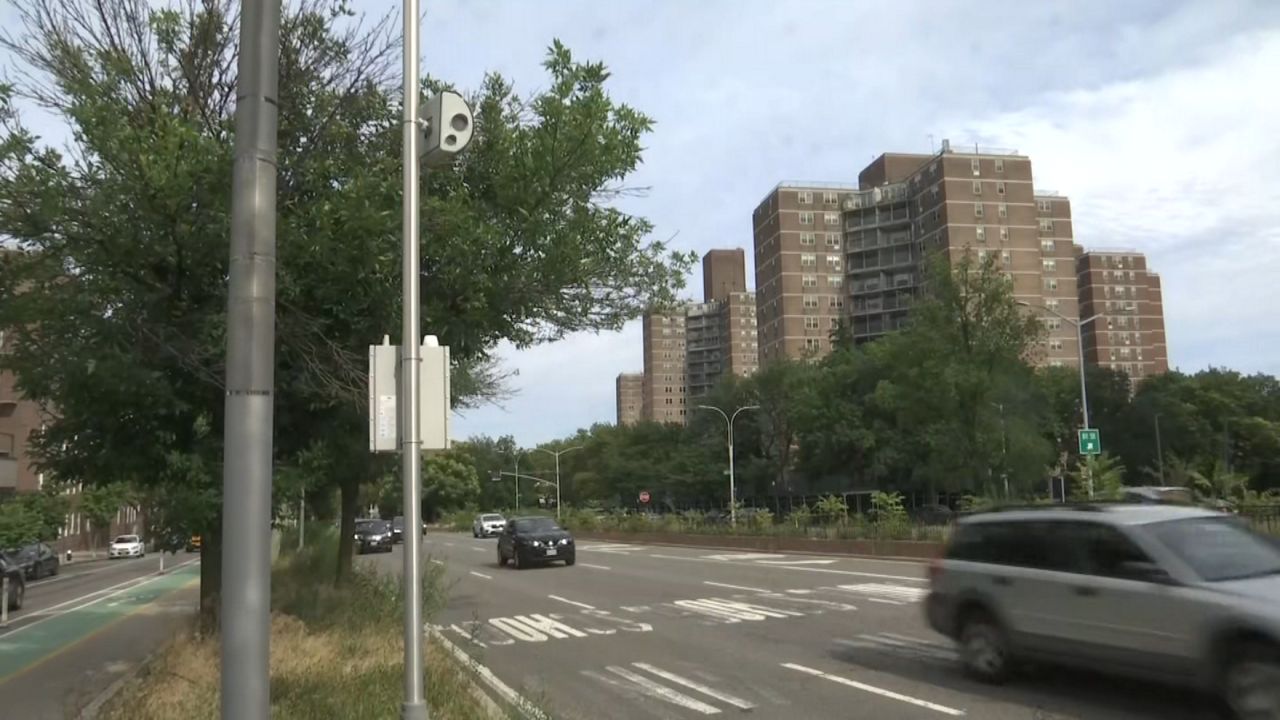Blerim Skoro has been a for-hire driver for nearly a decade. He drove for Uber until February, when he says an intoxicated passenger was upset that Skoro would not change the drop-off location, something drivers are not allowed to do.
“One passenger came out from the car. He sees the camera recording," Skoro said. "He didn't say anything, but from outside he said, 'I know what I'm going to do. You're going to lose your job. I'm going to complain to Uber.'”
Skoro was deactivated that same night, despite being a Diamond driver, the highest driver rating.
“They said, your account is deactivated because the passenger complained. You was driving unsafe, or something. They make a story," Skoro said.
He says Uber refused to look at his dash cam and rejected his appeal. A bill in the City Council would change the process, aiming to make it fairer to drivers and adding an outside body to review the cases.
“Right now, the process is a company-controlled process," said Queens Councilmember Shekar Krishnan, who is sponsoring the bill. "It is not an impartial process, and it happens after you're deactivated, which means you're trying to reverse a decision that was already wrongfully made. My bill changes all of that by giving them notice and process before that drastic decision happens.”
Krishnan rallied with drivers this week in support of the bill — many whose lives were upended by these deactivations.
“It affect me very bad," Skoro said. "I didn't work for two months.”
“And so just like that, drivers overnight lose their livelihood, lose their means to support their family," Krishnan said.
And the problem is widespread.
“We have a group chat, all the Uber, we have over 800 drivers, and I can see, and I can communicate," Skoro said. "Every day drivers become victim based off false accusation.”
Skoro has been working for Lyft instead, but says losing the ability to work for both apps has cut into his income in an industry where the drivers' cut of each ride is now less than when he started.
NY1 reached out to Uber for comment on Skoro's case and the issue of deactivating drivers, but so far has not heard back.


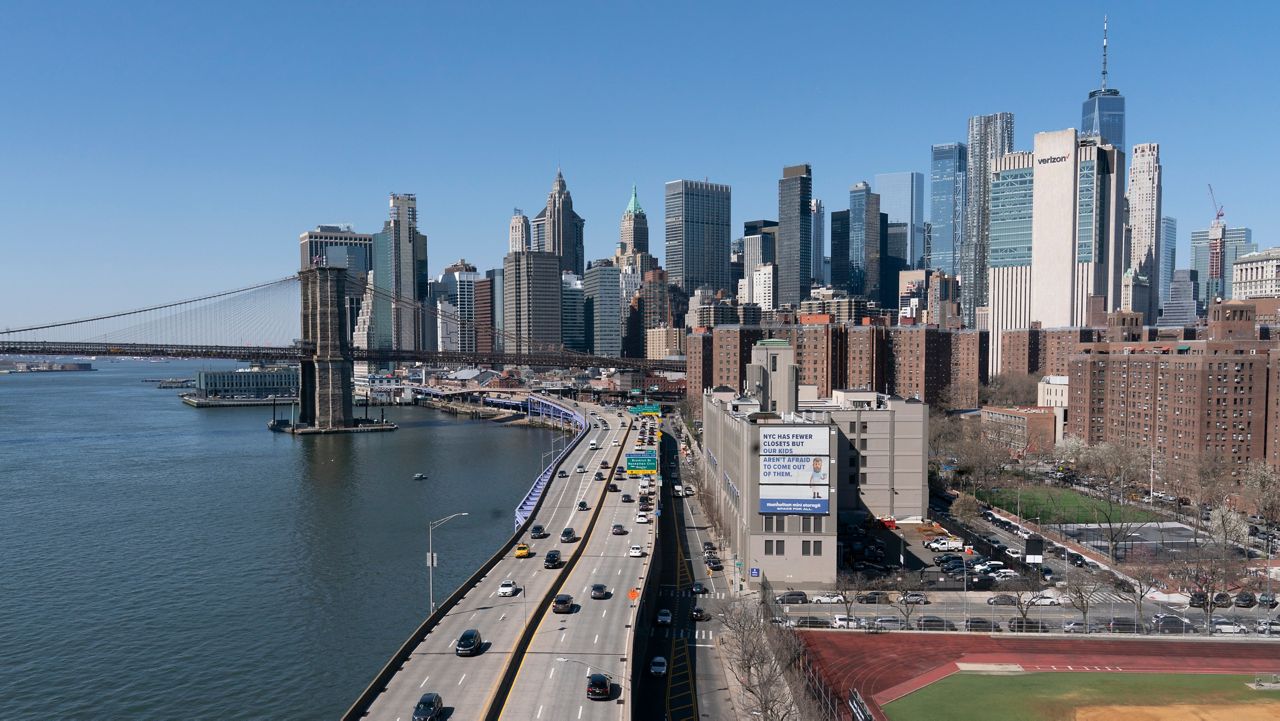
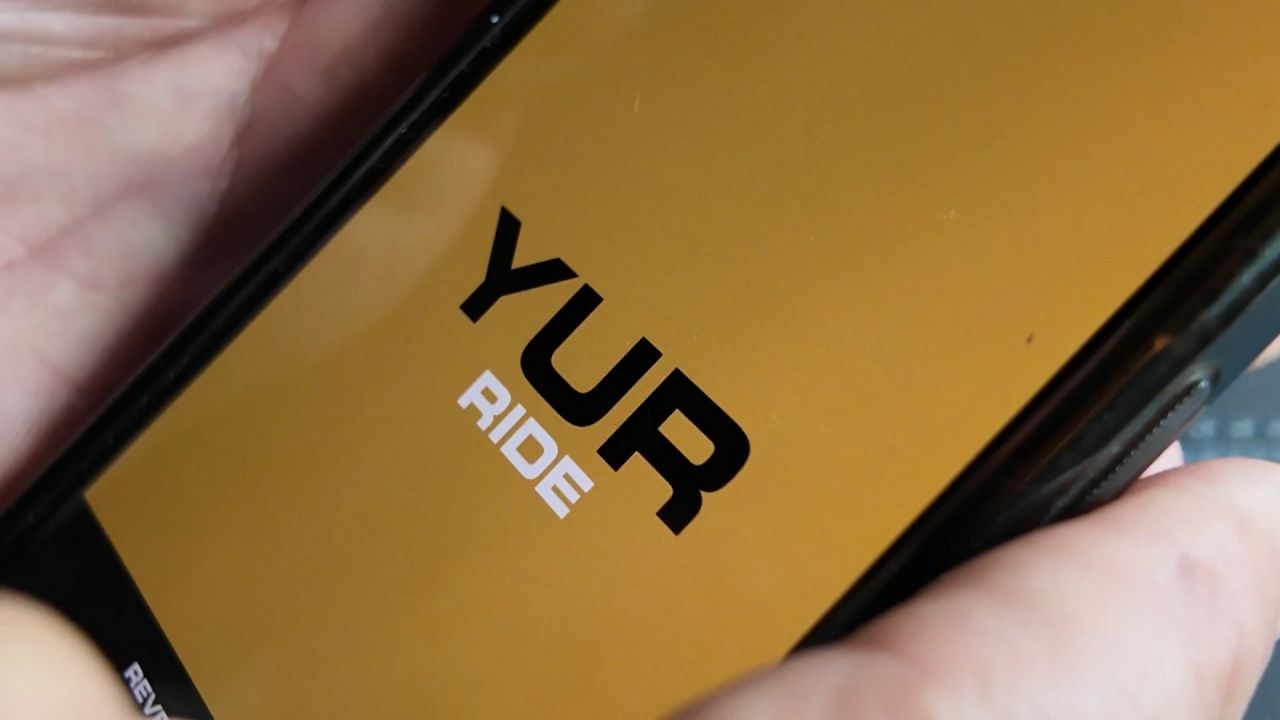
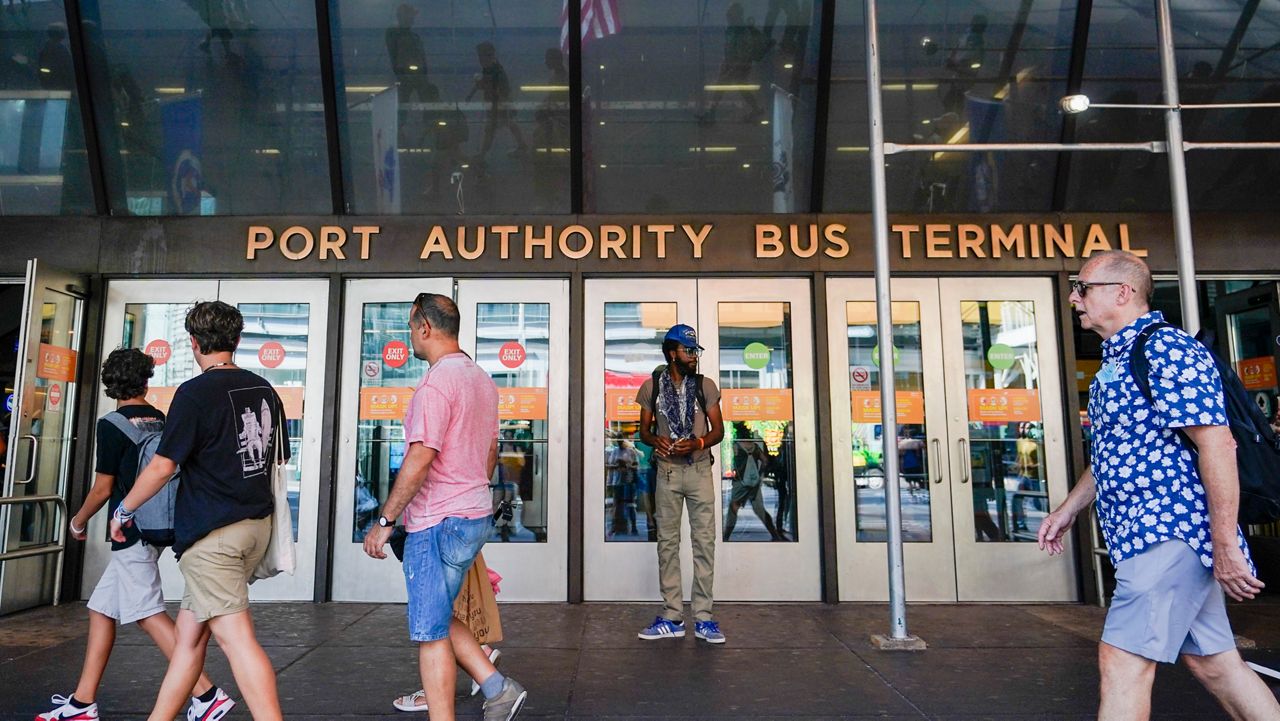
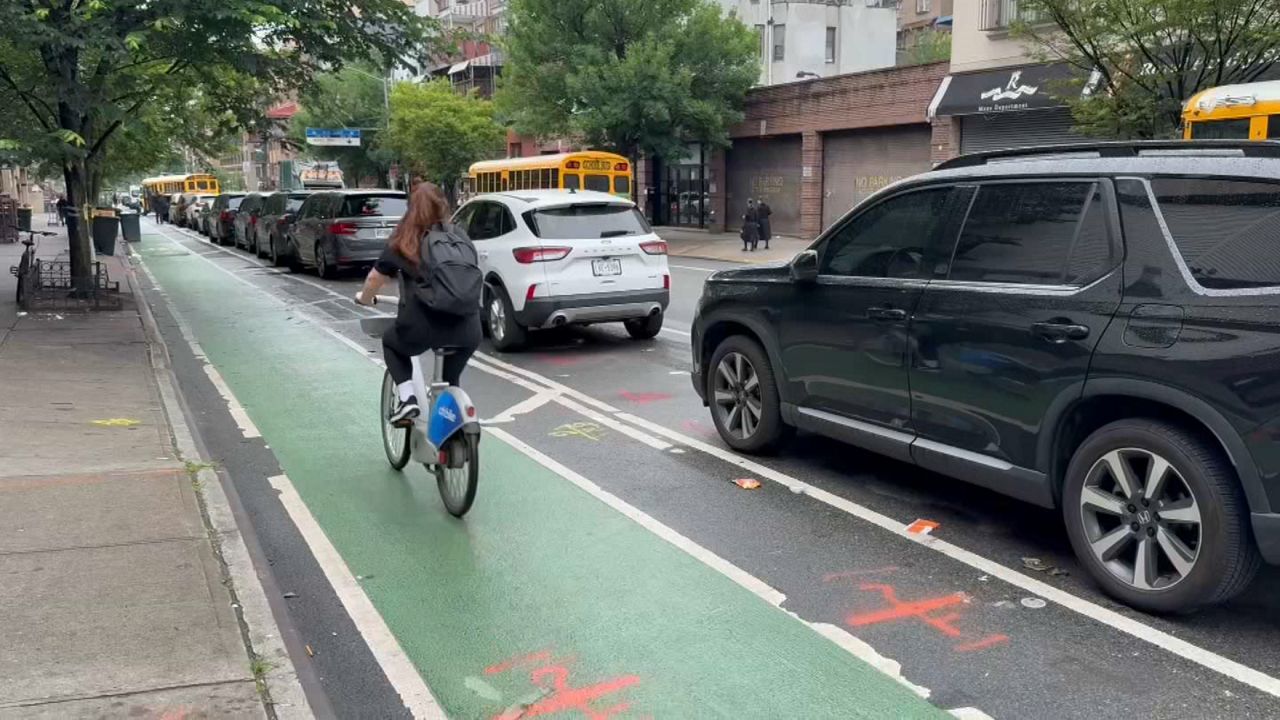
_PKG_Bragg_SUPPORT_Mental_Health_Act_CLEAN_134577045_4409)
